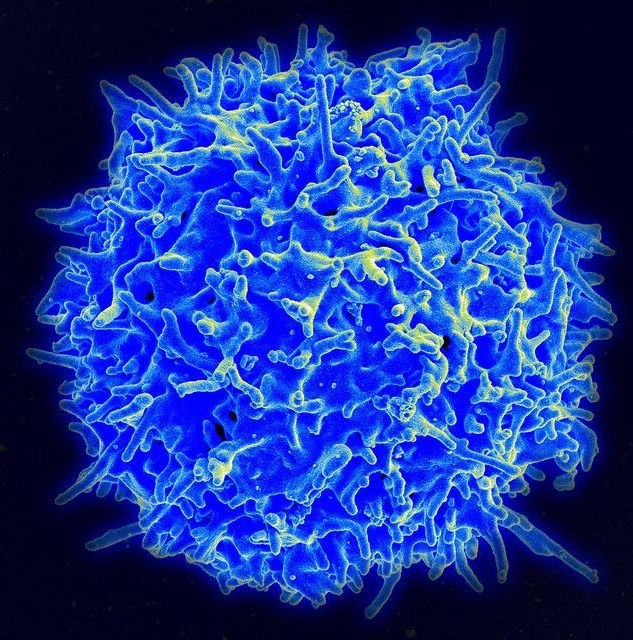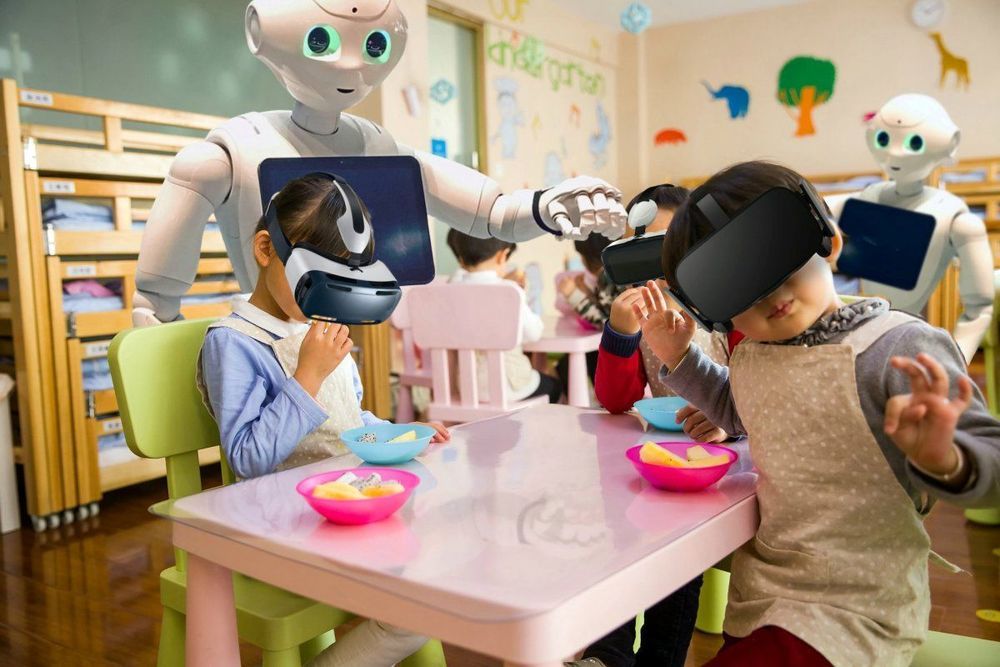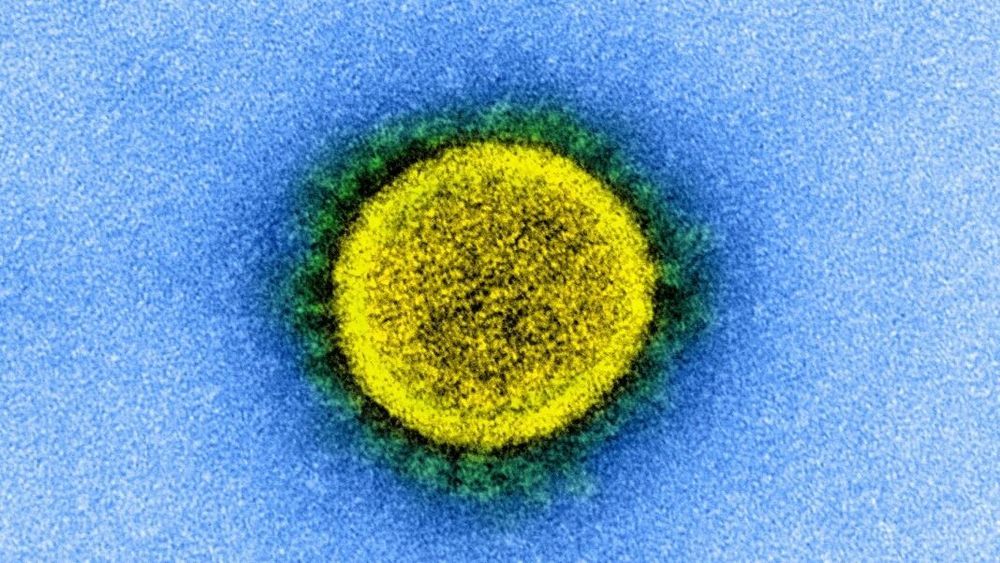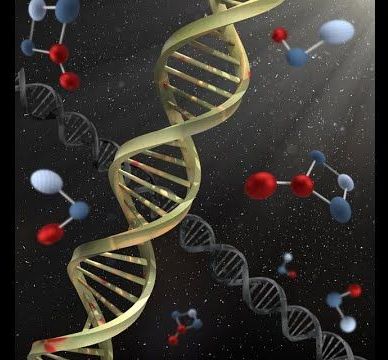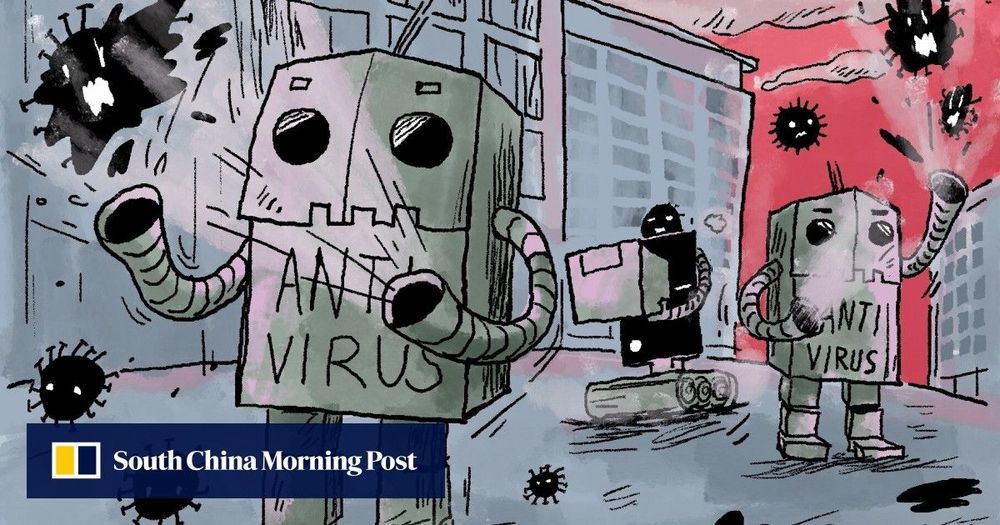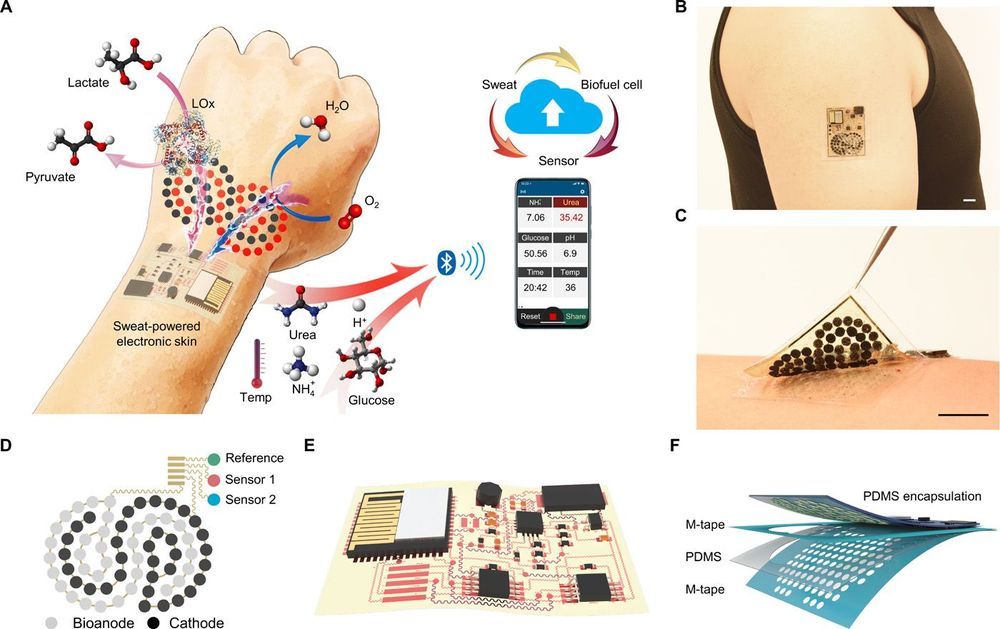May 1, 2020
Cytokine storms and T cell counts may offer clues on how to treat COVID-19
Posted by Saúl Morales Rodriguéz in categories: biotech/medical, health
Cytokine storms may affect the severity of COVID-19 cases by lowering T cell counts, according to a new study published in Frontiers in Immunology. Researchers studying coronavirus cases in China found that sick patients had a significantly low number of T cells, a type of white blood cell that plays a crucial role in immune response, and that T cell counts were negatively correlated with case severity.
Interestingly, they also found a high concentration of cytokines, a protein that normally helps fight off infection. Too many cytokines can trigger an excessive inflammatory response known as a cytokine storm, which causes the proteins to attack healthy cells. The study suggests that coronavirus does not attack T cells directly, but rather triggers the cytokine release, which then drives the depletion and exhaustion of T cells.
The findings offer clues on how to target treatment for COVID-19, which has become a worldwide pandemic and a widespread threat to human health in the past few months. “We should pay more attention to T cell counts and their function, rather than respiratory function of patients,” says author Dr. Yongwen Chen of Third Military Medical University in China, adding that “more urgent, early intervention may be required in patients with low T lymphocyte counts.”
